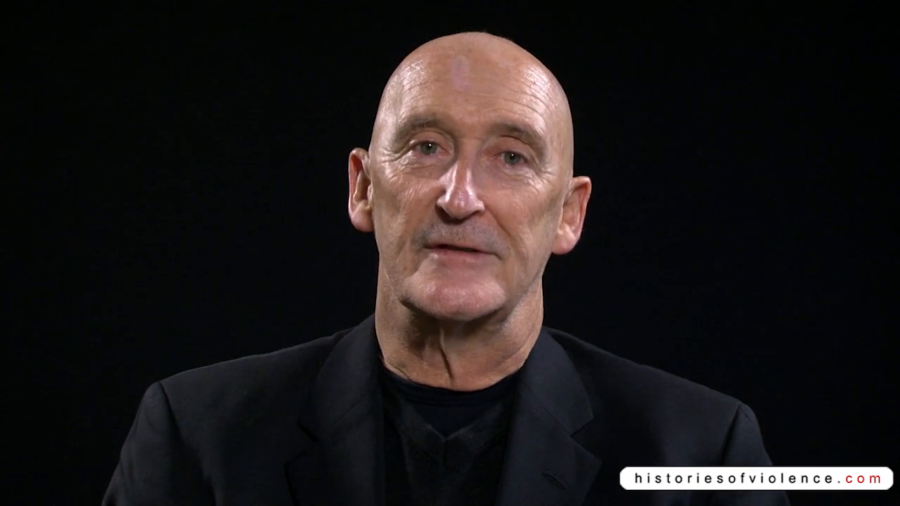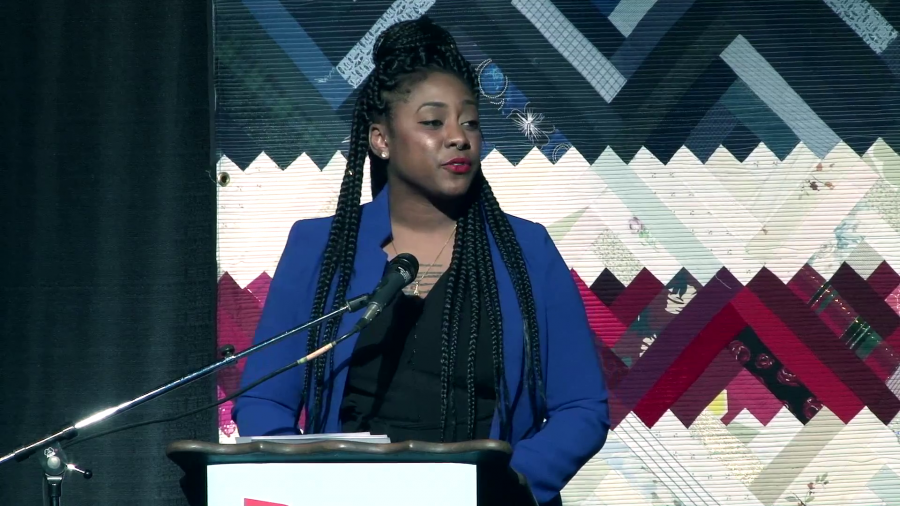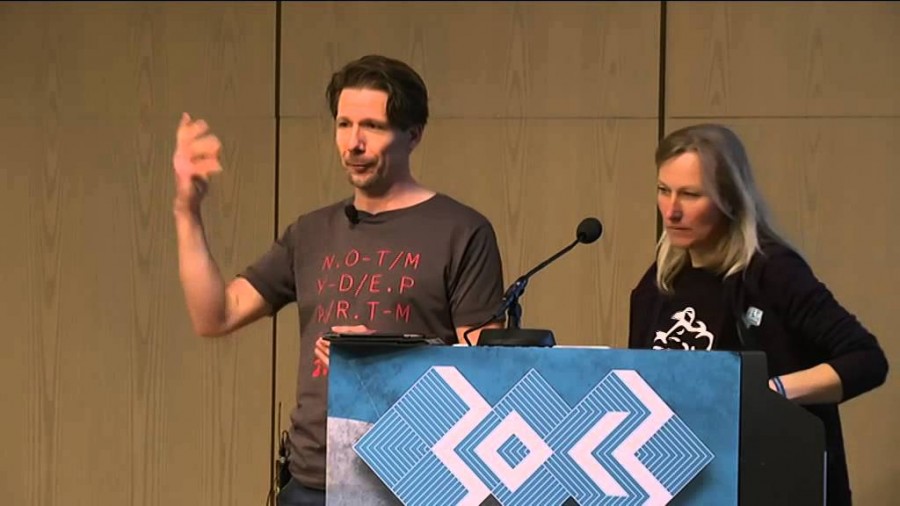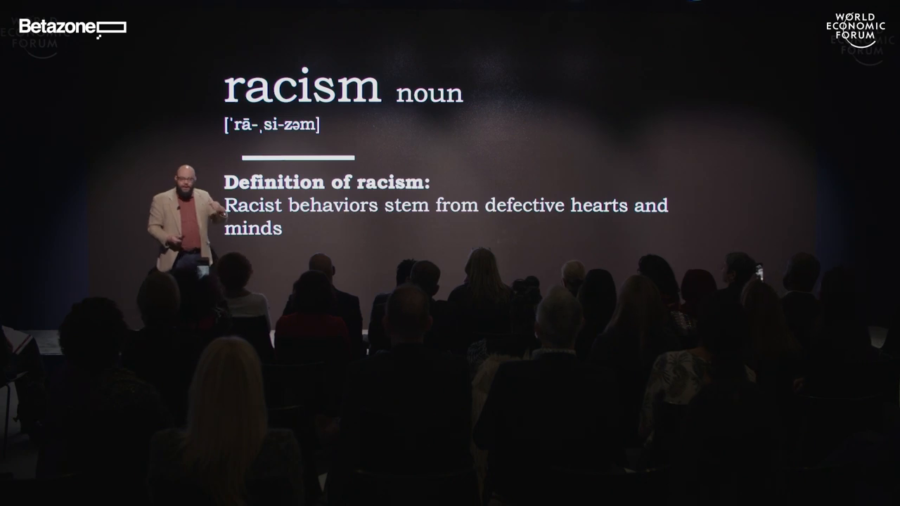I want to talk to you just a little bit about how the science of racism, how racism actually functions, can bring a little bit of hope to these difficult issues, without even needing to be especially political. And better than that, how the science of racism can lead to some actionable solutions to these seemingly impossible problems.
Archive

I’m not here going to think aloud about these various contestatory forms of evidence-giving, although much might be said about that in relation to thinking about violence. But rather to think about the Michael Brown shooting in Ferguson, Missouri and the kinds of police response to it in relation to the history of violence and the way in which race shapes said history of violence in a country like the United States…

Black folks have consistently been denied the rights to privilege that come with citizenship that so many of us take for granted. And that’s why so many of us are no longer satisfied with the compromises and negotiations that happen behind the scenes, that continue to leave out too many people whose lives depend on the ability to participate in the decisions that impact their lives.

We have to be careful about distinguishing between mere analogies linking the Romantic period to our own age that maybe don’t have any useful analogs, and those that do have some continued operational relevance. Because it is the case that Romantic writers like John Keats, Mary Shelley, William Wordsworth, philosophically modeled and to some extent thought through many of the debates and issues that we’re currently having as we seek to shape the contours of our future societies.

